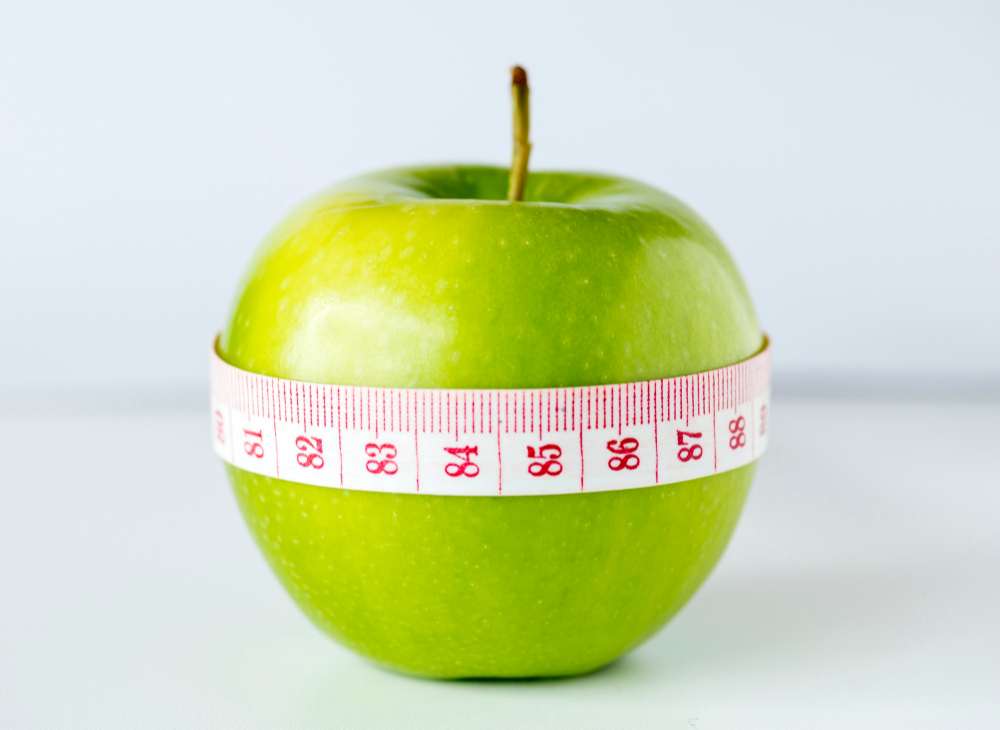We may not know what exactly metabolism means, but you quite often hear someone complain that they have a very slow metabolism and it is the main problem for their overweight, while others say that their metabolism is very fast and that is why they can eat what they want as much as they want without gaining weight. However, it should be emphasized that slow metabolism is not the main cause of obesity, but it is physical inactivity and poor eating habits.
What is metabolism and what affects its speed?
First of all, let’s say there are several factors that affect the speed of metabolism: hormonal status, age, gender, activity of the sympathetic and parasympathetic nervous systems, body temperature, some chronic or acute conditions, etc. Second, let’s explain what exactly metabolism is. Metabolism is a term used to describe all the chemical reactions that take place in our body and are intended to keep our cells alive. So carbohydrates, fats, proteins, minerals and vitamins are metabolized in our body, and the metabolic pathways for each compound are different.
A fast metabolism would actually mean that you are consuming more energy than a person with a slower metabolism, and therefore those who have a slower metabolism may have problems maintaining body weight (but as we already said, it is not the main cause of obesity). But there are solutions to this problem, as you can read below.
How to speed up your metabolism
1. Exercise. Physical activity is a healthy and proven way to speed up calorie burning.
2. Increase the intake of omega-3 fatty acids. These fatty acids help balance blood sugar levels and help reduce inflammation. They can also reduce the resistance of the hormone leptin, which is associated with the burning calories speed. Eat: flax, walnuts, olive oil, fish.
3. Build more muscle tissue. Apart from the fact that muscles have more mass than fat tissue, they also consume more energy, so if you build more muscle tissue with exercise, your basic energy consumption will increase.
4. Do not reduce calories. When you consume very few calories, then your body enters in the state of starvation and functions with very low consumption, i.e. saves energy for the coming “rainy days” – for the greater starvation that follows. So you actually slow down your metabolism even more. Therefore, it is better to exercise and have a normal calorie intake, than just to sit and starve.
5. Be sure to have breakfast rich in fruits, seeds, nuts, and you can include some cereal. Breakfast allows you to start burning calories in the morning.
6. Eat 4-6 smaller meals instead of 2 large meals.
7. Get rid of trans fats, they reduce your ability to burn fat.
8. Eat lots of raw foods; fruits and vegetables should be the basis of every meal.
9. Drink enough water to make it easier for your body to get rid of toxic metabolic by-products.





